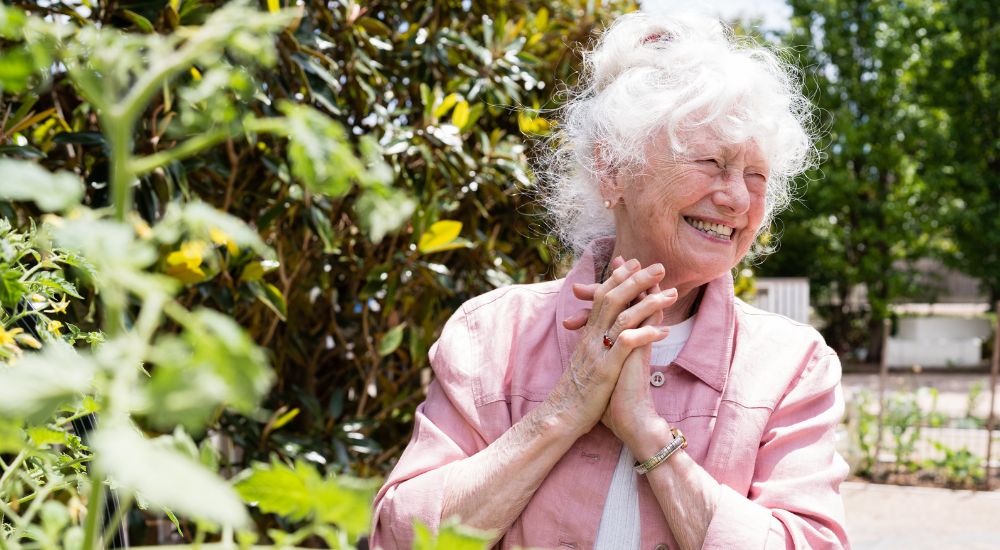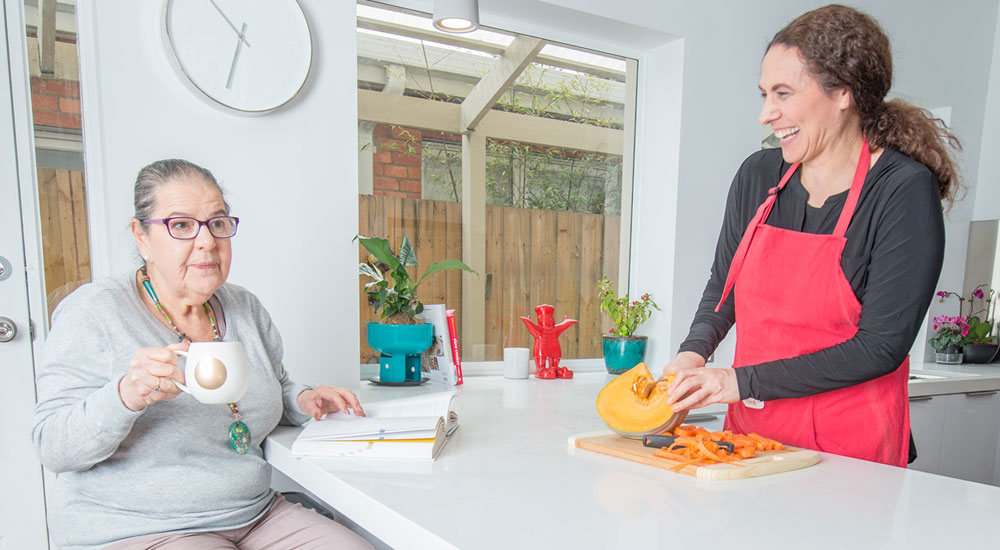For seniors who have retired, continuing living at home and having a set of routines to follow daily is vital.
If your beloved senior is receiving in-home care services, this is even more important because it means they have, to a certain extent, deteriorating physical and cognitive functioning. Having a daily routine that they can anticipate and follow each day is helpful as they get to maintain a sense of independence and control in their life.
How to Create a Daily Routine – Some Tips for You
1. Determine your seniors’ home care needs
Before anything, keep in mind that a daily routine is there to help your seniors carry out their day in a predictable and structured way. It is therefore essential to determine what their home care needs are first before you create a plan for them.
Can they manage their own personal care i.e. shower, getting dressed, toilet needs etc.? Do they prepare their own meals or would they prefer to have someone help them? Are they independent in most aspects but just need companionship, or have they lost most physical or cognitive functions?
All these point to how you are going to structure their daily routine in an efficient way. It also tells you if you have to hire a 24/7 home carer that can cover night shifts, or one that comes for just a couple of hours a day would be sufficient.
2. Take into consideration your senior loved ones’ hobbies and interests
Next, you would want to incorporate what they enjoy doing to their day-to-day routine. Your beloved senior suddenly has a lot of free hours to fill up following retirement and this can be rather unsettling for many so if you fill them up with activities that they enjoy, they get to lead happier and healthier golden years.
Having this information available for your home care agency is also helpful in the sense that they can assign a home carer that shares the same hobbies and interests to your beloved senior. When you have someone who shares the same love, it will make carrying out these activities even more enjoyable and engaging for your loved ones. This in turn nourishes their wellbeing and boosts their strength and cognitive abilities.
3. Be flexible
Remember, you are creating a routine – not a schedule. The difference between the two is that the latter is predominantly a tight time table where one must adhere to, time slots blocked to complete certain tasks.
What you want is a routine of activities that your senior can do in a particular order so be flexible on that.
4. Create your routine before engaging a home caregiver
As there will be a support worker assisting with your loved one’s daily care, it is important that you have this routine created before engaging one. This way, they get to provide their input with a clear idea of what your loved one’s habits and requirements are like, therefore enhancing the whole caregiving experience.
At the very least, having a routine plan will assist your in-home support worker in knowing what to do at each time of the day. In the end, it is your beloved senior who benefits from it.
A Sample Framework
Taking into consideration all of the above, here is how a day-to-day routine can look like in the life of a senior receiving in-home care services:
Morning
This is the time when a senior has the most energy so you would want to include the essential stuffs they have to accomplish in this segment. This includes:
- Wake up at 7:30am
- Take a quick shower
- Personal grooming (brush teeth, comb hair, apply skin lotions, get dressed)
- Enjoy a healthy and nutritious breakfast
- Take a walk after
Grooming is essential and should be included in any daily routine. Not only does it ensure general hygiene is practiced, good grooming will also boost your beloved senior’s self-confidence.
For breakfast, make sure that they never skip it and let them take their time to enjoy their meal, preferably in a sun-lit room. If they are capable, let them assist in the preparation as this gives them a sense of independence. Take a walk around the house to help with digestion after.
Afternoon
This is the time when you want them to relax and unwind. You may want to schedule in their doctor’s appointments too, if any.
- Have a delicious meal
- Run one or two errands
- Take a brief nap
- Engage in their hobbies and interests
- Go to the park / social outings
Lunch can be light like a salad or sandwiches. Again, if they are in a position to do so, encourage them to help with cleaning after meals and do some light duties around the house.
In between intervals, schedule in some activities that you know they would enjoy. For example, reading a book or art and crafts like knitting or playing a puzzle are some good activities for seniors.
Afternoons will also be the best time to maintain their social lives. Attend a community function, meet up with fellow neighbours or simply take a walk at the park – some fresh air outdoors will do wonders.
Evening
End the day with a light but nutritious meal. Make sure they stay up and active at least two to three hours before bedtime to avoid digestive problems.
- Make dinner together and clean up afterwards
- Have a bath
- Watch TV or movie
- Go to bed around 10:30pm
This will also be a good time for you to have conversations with them. It is important that seniors engage in pleasant conversations daily as it minimises the risk of developing diseases like depression so make sure you include this in their routine.
Conclusion
Having a daily routine in place lowers a senior’s anxiety and stress. A predictable lifestyle gives a sense of independence and security in addition to encouraging them to stay more socially active. Routines also lead to fewer forgotten tasks, so do set a desired framework for each day with your senior’s input and direction.
Professional caregivers are trained to develop customised care plan for each unique client. If your home care agency does provide such services, do take into consideration their plan while you develop a daily routine for your seniors to ensure they receive the utmost excellent care.






